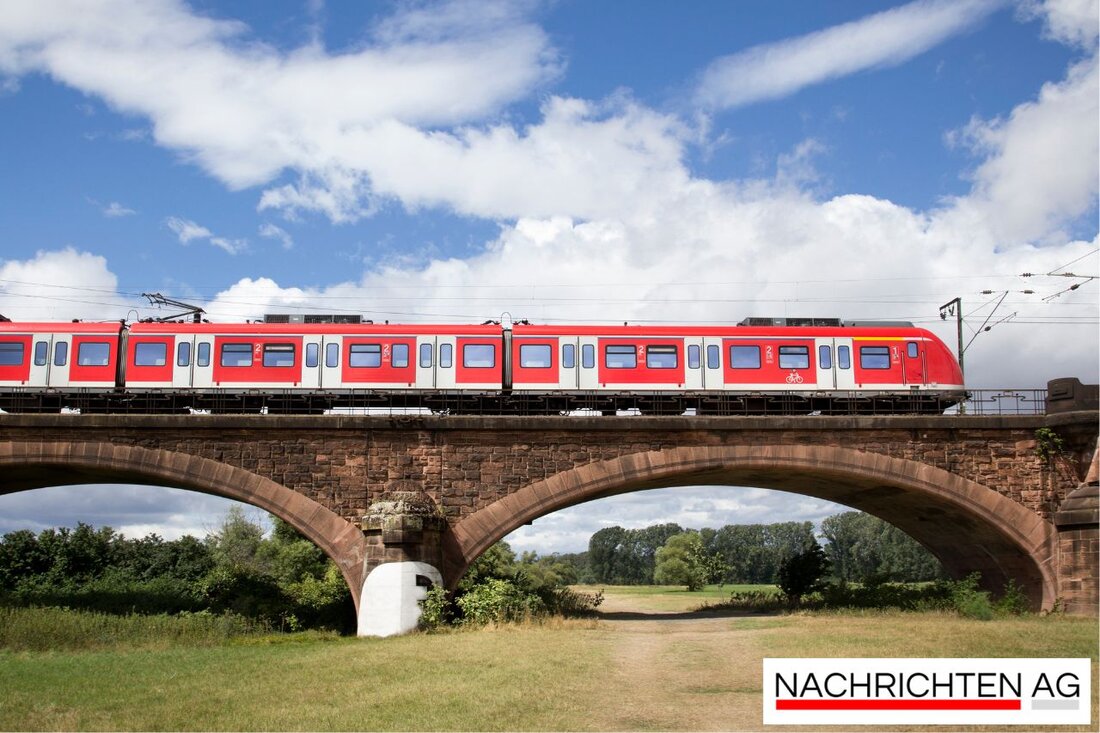Cologne in a state of emergency: largest evacuation since 1945!
On June 5, 2025, the largest evacuation since 1945 took place in Cologne-Deutz to defuse three aerial bombs from the Second World War.

Cologne in a state of emergency: largest evacuation since 1945!
On Wednesday evening, Cologne experienced a remarkable situation when the largest evacuation operation since 1945 took place in the city. The reason for this was three American aerial bombs from the Second World War that had to be defused. Around 20,000 people had to leave their homes because the city center was closed across a large area and both train and car traffic came to a complete standstill at times. The evacuation was initiated in the morning with ringing of bells and road closures, with particular attention being paid to ensuring safety in nursing homes and the Eduardus Hospital.
The defusing of the bombs that had settled in Cologne during the bombing campaign against the Third Reich was of great importance. In a country that had to deal with the consequences of the Second World War and the many losses, defusing unexploded bombs is a regular but always dangerous task. The bombing campaign not only caused massive destruction - over 70% of Cologne's homes were destroyed - but also caused numerous human lives. At least half a million civilians died in the air raids on Germany, with Cologne among the cities particularly affected, recording 176,600 homes destroyed.
Safe return for Cologne
Although the evacuation posed a logistical challenge, the entire operation took place without significant incident. During the bomb defusal period, the Hohenzollern Bridge was closed and the Cologne Messe/Deutz train station was in the restricted area, which led to long-distance traffic being rerouted. As of 7:30 p.m. the closures were lifted and the trains rolled back over the bridge. Thousands of Cologne residents were able to return to their homes in the evening and thus feel relief after leaving their safe surroundings for the day.
Despite the massive organizational efforts, there was one incident that presented the emergency services with additional challenges: a person refused to leave their apartment. The public order office had to intervene to guarantee the safety of everyone involved. Although such refusals are rare, they can be observed again and again in exceptional situations.
A necessary but burdensome legacy
Today's events cast a shadow over the horrors of the Second World War, which devastated Europe from 1939 to 1945. While the air raids reduced numerous towns and villages to rubble, Cologne was only one of many cities that suffered from the devastating bombing raids. Strategic targets were bombed and civilian casualties were shockingly high.
“The bombing left more than a billion tons of rock and rubble in Germany,” reported a historian [Welt], making it clear that over 1,000 towns and 161 municipalities were bombed. Cologne, with its devastated infrastructure and many human tragedies, is not alone in this scarcity economy.
Such historical circumstances make it clear that coming to terms with the past is not just a chapter in the history book, but also affects us in the present. Despite all the challenges, Cologne remains a vibrant city with remarkable resilience and the ability to continually face the ghosts of the past.
In times when historical awareness and contemporary witness are so important, it becomes clear that measures such as bomb defusing are not only a technical necessity, but also a call to all of us not to lose sight of history and its lessons. Nah reports on the events during Mirror provides further background information. There is also a look back at the devastating bombing war in Germany World to offer readers a comprehensive picture of the destruction that took place at that time.

 Suche
Suche
 Mein Konto
Mein Konto